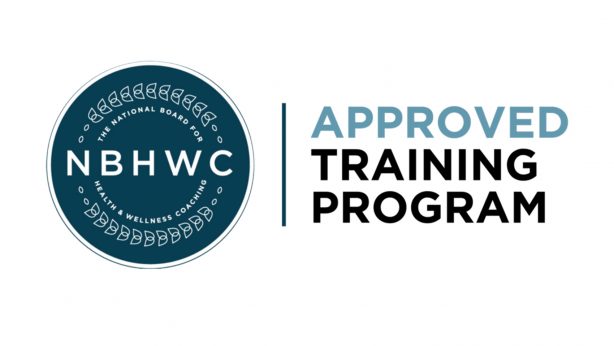
“Sometimes the terms stress and crisis are used interchangeably even though stress is actually a temporary or prolonged condition that requires people to adapt to circumstances or expectations shaped by the self or others. Stress is rarely a simple stimulus-response situation, but is rather an interactive process in which one’s perception of the rewards in relation to the energy expended is an intervening variable. ” (Hoisington PhD, 1998, p.2)
Stress can hence take on two forms, “good” stress (eustress), and “bad” stress. Eustress is stress that is transformed and used in a positive and responsible manners and poses challenges for individuals. Distress is just the opposite as it negatively affects individuals. When people react to stress with feelings of hopelessness and frustration, stress takes on the form of distress. It is crucial for individuals to realize that not all stress is “bad.” Managed correctly, some amount of stress is desirable and may even motivate people and spur creativity. (Godfrey, Bonds, Kraus, Wiener, & Toth, 1990, p.67) It is the person’s ensuing judgment that determines whether one’s adaptation to the situation is experienced as distress (pain) or eustress (pleasure). (Hoisington PhD, 1998)
 Health and wellness coaching views stress as an entity made and influenced by several other components that include mindfulness, self care, supportive relations, medium of relaxation and effective communication. Coaches help you understand that stress in itself is not the problem but rather it’s the perception towards it and hence coaches focus on changing our mindset towards stressors than teaching you how to decrease the number of stressors in a day.
Health and wellness coaching views stress as an entity made and influenced by several other components that include mindfulness, self care, supportive relations, medium of relaxation and effective communication. Coaches help you understand that stress in itself is not the problem but rather it’s the perception towards it and hence coaches focus on changing our mindset towards stressors than teaching you how to decrease the number of stressors in a day.
Hans Selye was once quoted as saying “stress is the spice of life.” And a certain amount of stress is normal and without it we would be bored and that would be a different kind of stress in itself. We need certain amount of stress to develop and grow. However, going beyond the good stress zone and “losing it” by entering the bad stress zone can be harmful. It’s important to identify what triggers are causing the total loss of balance. (Travelling towards personal success, 2007).
Our perceptions are so radically different that too much stress is an individually defined phenomenon. Coaching intends to move and shift mind from stress overload to ways of building resilience, working with strengths and values and approaching stressful situations and stressors with an optimistic approach.
So if you are stressed, you may want to identify the stress triggers and find positive ways of addressing the stresses in your life. I will be sharing more information on this topic in the following blogs. Stay tuned!


